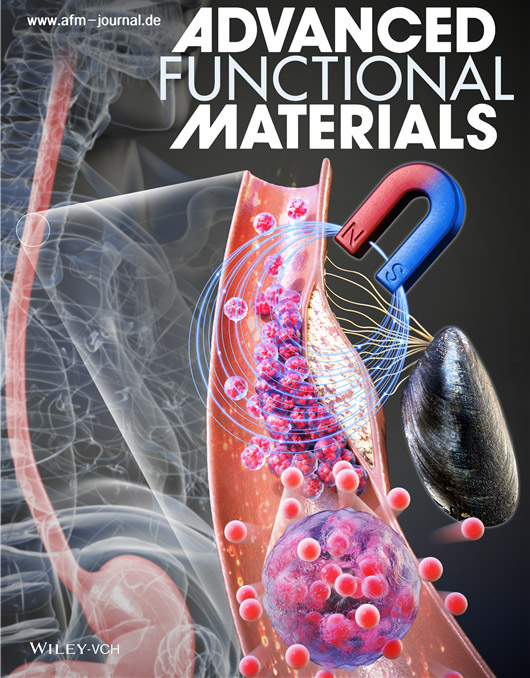
The esophagus is an organ through which water and food flow quickly. Therefore, when disease develops in the esophagus, it is difficult to treat with drugs directly.
The research team of Professor Hyung Joon Cha of the Department of Chemical Engineering (CE) and Choi Hyun-sun (CE M.S. /Ph.D. Candidate, advisor Prof. Hyung Joon Cha) and the research team led by Prof. Yun Kee Jo of the Department of Biomedical Convergence Science & Technology at Kyungpook National University jointly developed a magnetically guidable microparticle using a bioengineered mussel adhesive protein (MAP). The microparticles deliver therapeutic drugs to a specific lesion in the esophagus.
Previous magnetically controlled drug delivery systems were problematic in that the drugs disappeared quickly in a turbulent and dynamic fluid environment once the magnetic field was removed. The team solved this problem by exploring the adhesion of MAP to fabricate iron oxide (IO) nanoparticles-embedded microparticles (MAP@IO MPs). The magnetically controlled microparticles target a specific lesion and persist for a long period of time, even after the magnetic field is removed, due to the high underwater adhesive abilities of MAPs.
The study showed that the microparticles were successfully captured more than five times in a magnetic field compared to magnetic field-free conditions, and the effect was maintained at the transferred site for more than a week even after removing the magnetic field. This illustrates how even a small dosage can bring about excellent therapeutic effects in patients with esophageal diseases. Furthermore, the location of the microparticles can be observed in real time using magnetic resonance imaging (MRI). In addition to their excellent biocompatibility, the team experimentally verified the high efficacy of the microparticles in cancer treatment. In particular, the team embedded doxorubicin, a chemotherapy drug widely used for cancer treatment, in microparticles to increase the death rate of cancer cells to approximately 84%.
Prof. Cha said, “These microparticles can be widely used not only in the esophagus but also to treat diseases of organs with rapid fluid flow, such as the intestine.”
The research results were published on the front cover paper of Advanced Functional Materials. The research was supported by the National Research Foundation and the Korea Health Technology R&D Project.
Reporter Park Eu-gene


